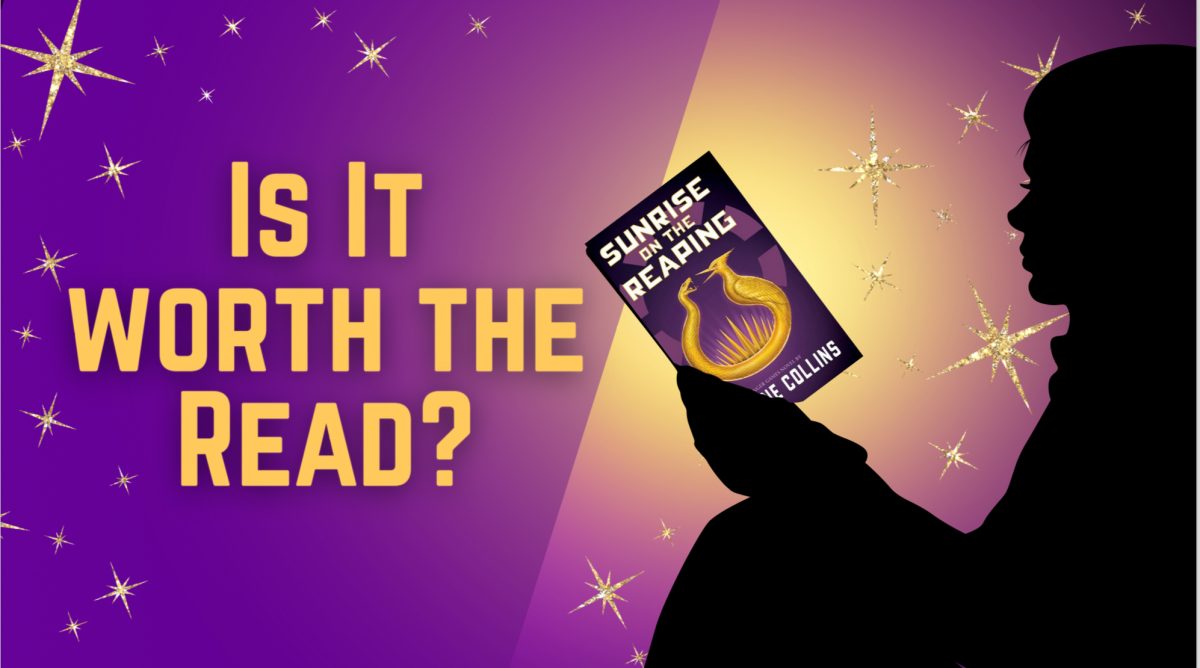In a world where music is often the soundtrack to our lives, posthumous releases offer a bittersweet glimpse into what could have been. As the industry continues to mourn the loss of its brightest stars, artists like Juice WRLD, who passed away in December 2019, leave behind unfinished work that often finds its way to the public. Juice WRLD’s latest posthumous album, The Party Never Ends, released November 29, 2024 is raising questions about the ethics of releasing music after an artist’s death, especially untimely ones.
Posthumous releases are often conflicting and bittersweet as fans who once followed an artist’s career must now look to their unfinished work to find closure, and to connect with those they have lost. For many listeners, albums like The Party Never Ends offer a way to preserve the artist’s legacy, giving fans an opportunity to experience new material which was left unfinished. Juice WRLD’s influence still remains strong and is deeply felt across the rap/hip-hop industry. His unique blend of toughness and vulnerability made him a favorite among younger audiences and many fans express gratitude for new music to relate to.
However, the release of posthumous work also raises ethical concerns. Critics argue that such releases often cross boundaries of artistic morality and monetary exploitation. Some question whether the The Party Never Ends’s production was entirely in alignment with what Juice WRLD would have wanted for his work and reputation. Fans are beginning to ask the question of how much effort is being put into place by producers and record labels to preserve the artists’ vision or are they just prioritizing profits? Many believe that posthumous releases can feel disconnected from the artist’s true intent, with too much emphasis placed on maximizing the commercial potential of unreleased tracks rather than staying true to the artist’s original voice.
The reaction among fans has been a mix of appreciation and distrust. On social media, some are celebrating the album as a way to keep Juice WRLD’s memory alive and introduce his work to new generations. “It feels like a part of him is still here,” one fan tweeted, continuing that the album “captures the energy and the soul of what he was about.” Others, however, express unease at the idea of a deceased artist’s work being altered/finished and released without their direct involvement.
These mixed reactions shed light on the debate surrounding the ethics of all posthumous music releases. Should there be limits to how far the industry can go in posthumously shaping an artist’s legacy? Fans are divided, with some embracing the opportunity to hear new music and others questioning the rightfulness of these releases.








